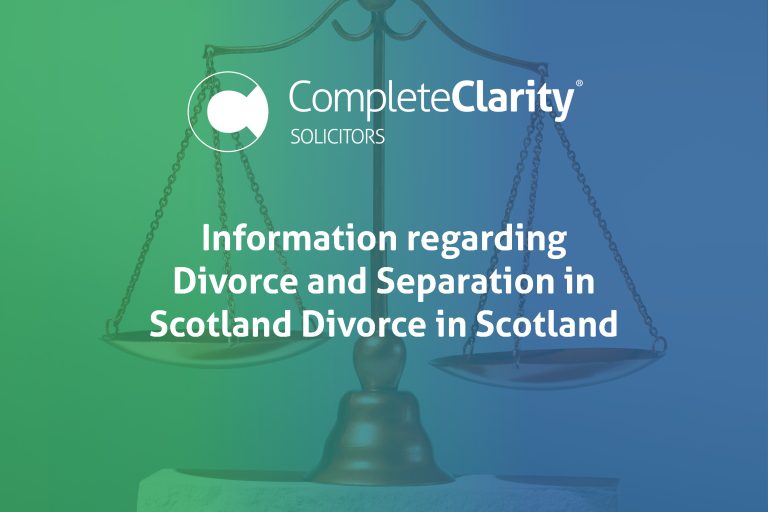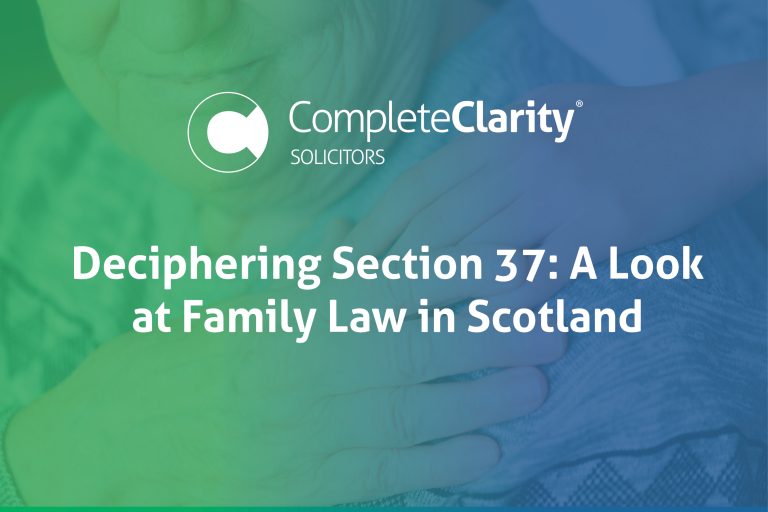It is simple to believe that after you pass away, everything you own will be distributed according to your will. It’s just as easy not to go over your jointly held home’s title papers with your will and specifically to see whether there’s a survivorship destination hiding there. But this can have major consequences, especially if one of the co-owners of the home becomes incapable.
When multiple parties buy a property in Scotland, the title will provide either pro-indiviso shares or a survivorship destination in the event of a joint owner’s passing. Under the former, in the event of one party’s death, their share—typically half—simply becomes part of their estate and is dispersed in line with their wishes. For instance, if a couple owns a home jointly and the title specifies that it is held in pro-indiviso shares, the first party’s half-share may be bequeathed to their will’s beneficiaries upon their passing.
What is a survivorship destination?
Survivorship destinations, sometimes known as unique destinations, were especially common in dispositions draughted in the 1980s and ’90s. They are owned by joint-owners “equally between them, and to the survivor of them”. This clause gives the remaining co-owner immediate ownership of the property upon the death of the deceased co-owner.
This has benefits, and in the event of a joint owner’s passing, it may even make estate administration easier. This permits a co-owner to leave their home to their spouse or partner upon their death, as is customarily the case, without requiring a formal transfer from the dead party’s executors. Crucially, though, a survivorship destination will supersede the provisions of any will left by the deceased. It can only be evacuated (removed) with the agreement of both owners because it is a contract between the joint owners.
When might this become an issue?
As an example, Julie and Sarah share ownership of their house, but Julie is required to relocate to a residential care facility due to a survivorship destination in the title. If Sarah passes away before Julie, Julie will inherit Sarah’s portion of the house right away. To determine care home expenses, for instance, the entire property would be considered part of Julie’s estate. This would still be the case even if Sarah’s will stated clearly that everything would pass to their children. In this instance, care costs may gradually deplete the inheritance. Unless Julie had a power of attorney in place, it would be hard to have the survivorship destination revoked if this circumstance became evident before Sarah’s death but after Julie’s incapacity began.
Apart from the scenarios mentioned before, inflexibility and lack of survivorship destinations can also be detrimental to issues like inheritance tax planning, divorce, and bankruptcy.
What should I do?
The greatest place to start is by being well-informed on the characteristics of your joint ownership. Even if it’s simple to put off, the time to make any required adjustments might pass much too soon. It could make sense to review the title deeds and think about leaving any survivorship destination mentioned in them. This would enable you to carry out any wishes you may have regarding your part of the property in your will.
Please do not hesitate to contact a member of our team if you would like additional information or to discuss whether you have discovered a survivorship destination inside your title documents.







